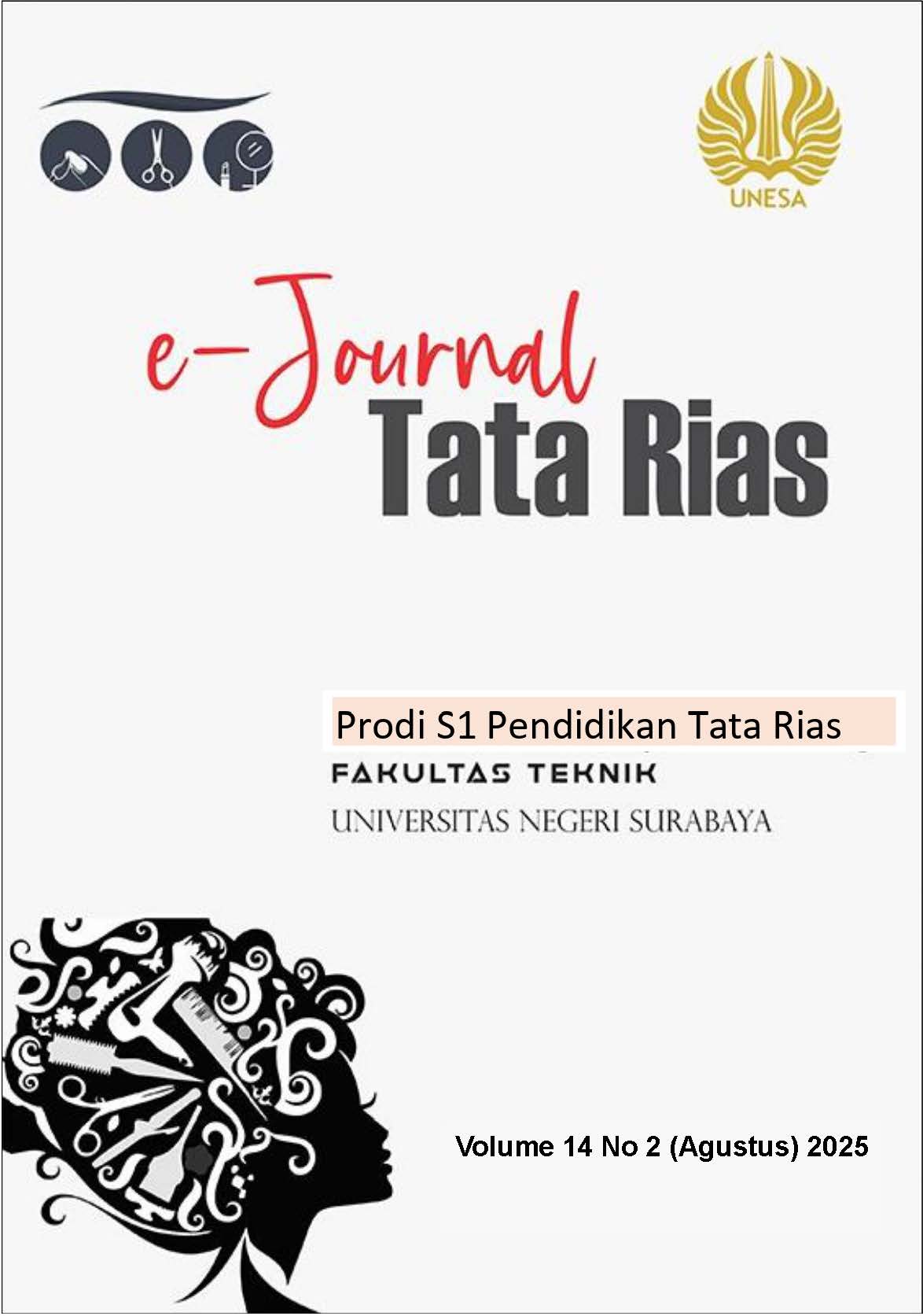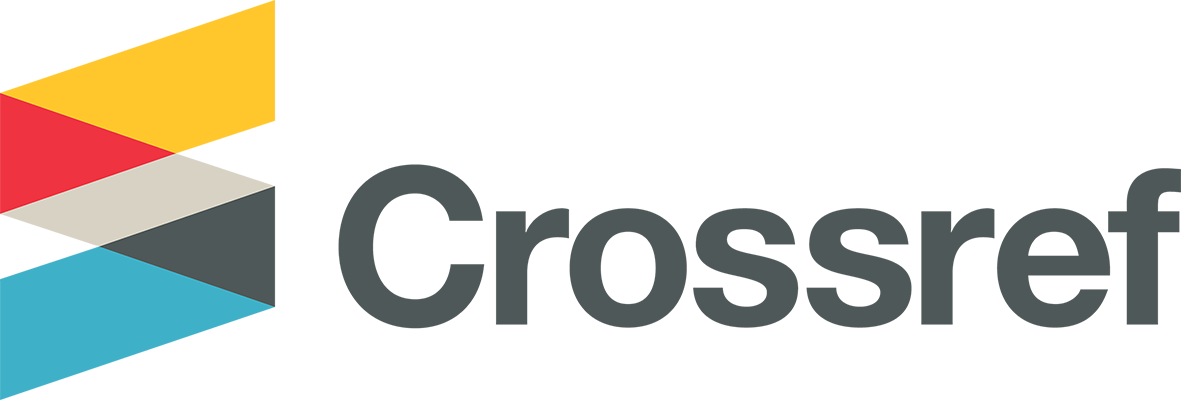IMPLEMENTASI MODEL PROBLEM-BASED LEARNING DALAM PENINGKATAN KOMPETENSI RIAS WAJAH CIKATRI KELAS XI TKKR SMKN 1 SOOKO MOJOKERTO
DOI:
https://doi.org/10.26740/jtr.v14n2.68195Abstract
The objective of this study is to examine the extent to which the implementation of the Problem-Based Learning (PBL) model can improve students’ cognitive and psychomotor competencies. This research employs a quantitative approach using a one-group pretest-posttest design, conducted at SMKN 1 Sooko Mojokerto, with 29 eleventh-grade students from the Skin and Hair Beauty program as subjects. Data were collected through cognitive and psychomotor pretest and posttest using test sheets, while non-test data were gathered through observation sheets assesing students’ activities and attitudes. The research instruments included both test and non-test tools, consisting of cognitive-psychomotor test items and observation forms. Data analysis began with the Shapiro-Wilk normality test to ensure a normal distribution (Sig. ≥ 0.05), followed by a Paired Sample t-Test (p < 0.05) to assess the different between pretest and posttest results. Psychomotor scores were calculated based on indicators such as preparation, procedural accuracy, time efficiency, and final results, and were converted to a 0–10 scale. The implementation of the Problem-Based Learning syntax was evaluated based on its percentage of execution. The findings indicate a notable improvement in students’ average cognitive scores, increasing from 53.5% to 87.0%, and a 4.86-point rise in psychomotor scores. Furthermore, the implementation rate of Problem-Based Learning exceeded 80%. These results suggest that the Problem-Based Learning model is effective in enhancing students' conceptual understanding and practical skills. It is recommended that teachers continue refining the application of Problem-Based Learning and conduct regular evaluations to ensure optimal learning outcomes.
Keywords: Problem-Based Learning, cikatri make-up.
Downloads
Downloads
Published
How to Cite
Issue
Section
 Abstract views: 75
,
Abstract views: 75
, PDF Downloads: 54
PDF Downloads: 54










